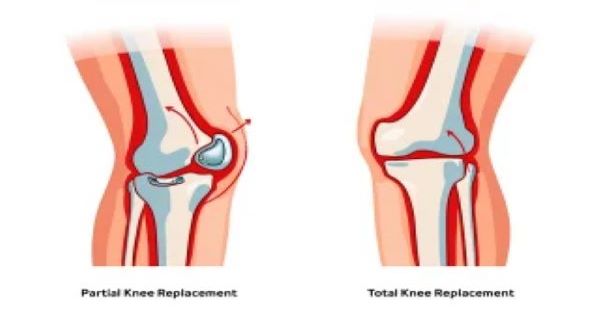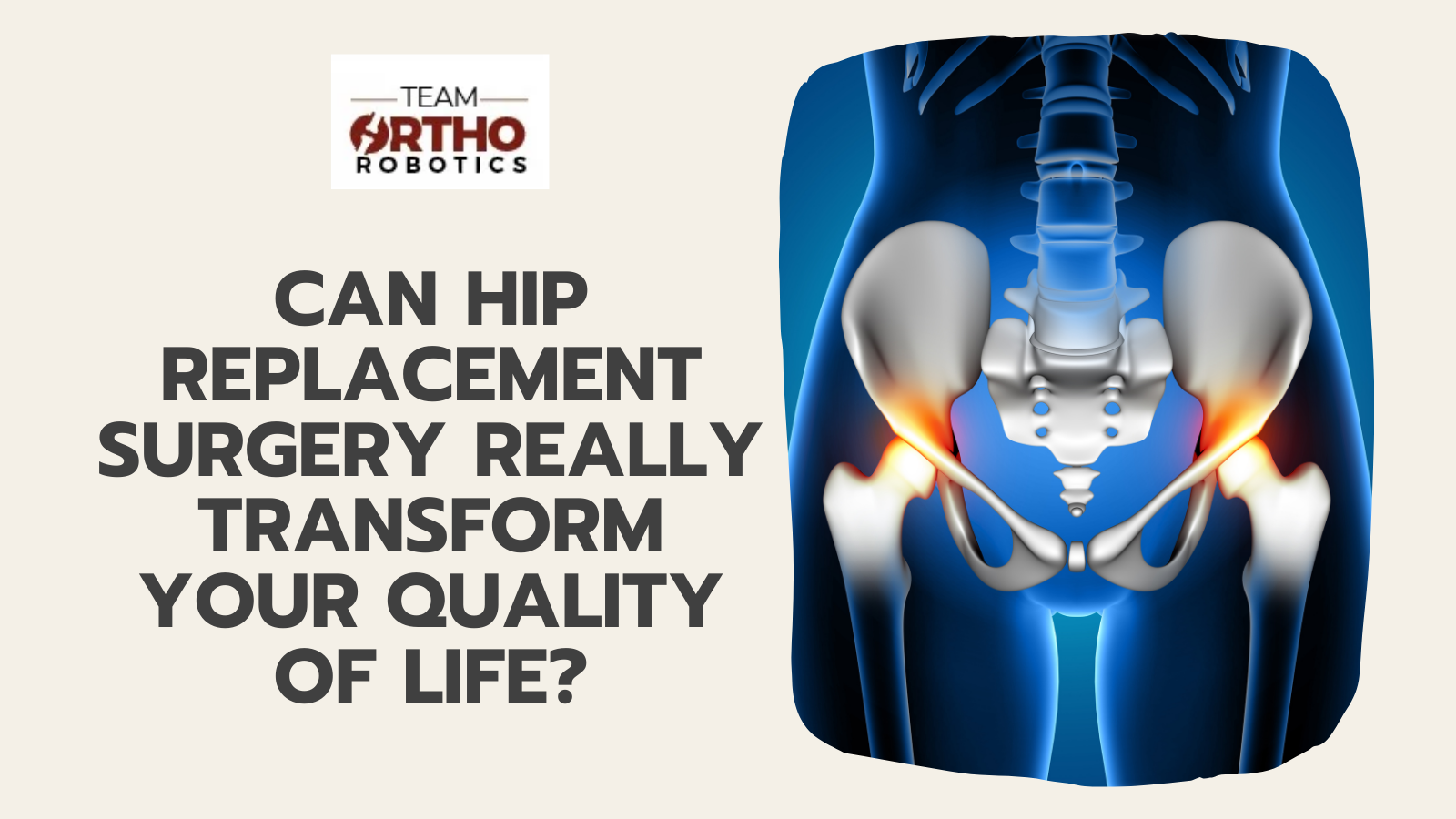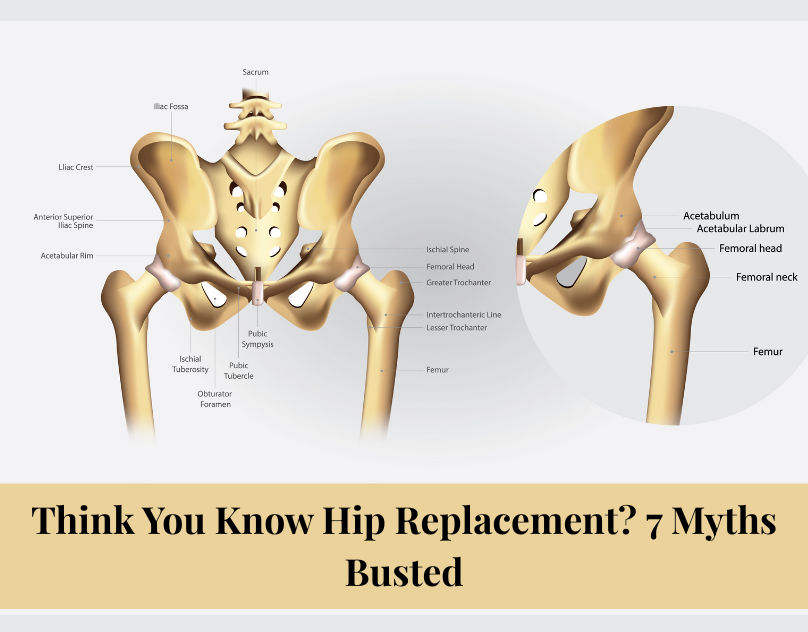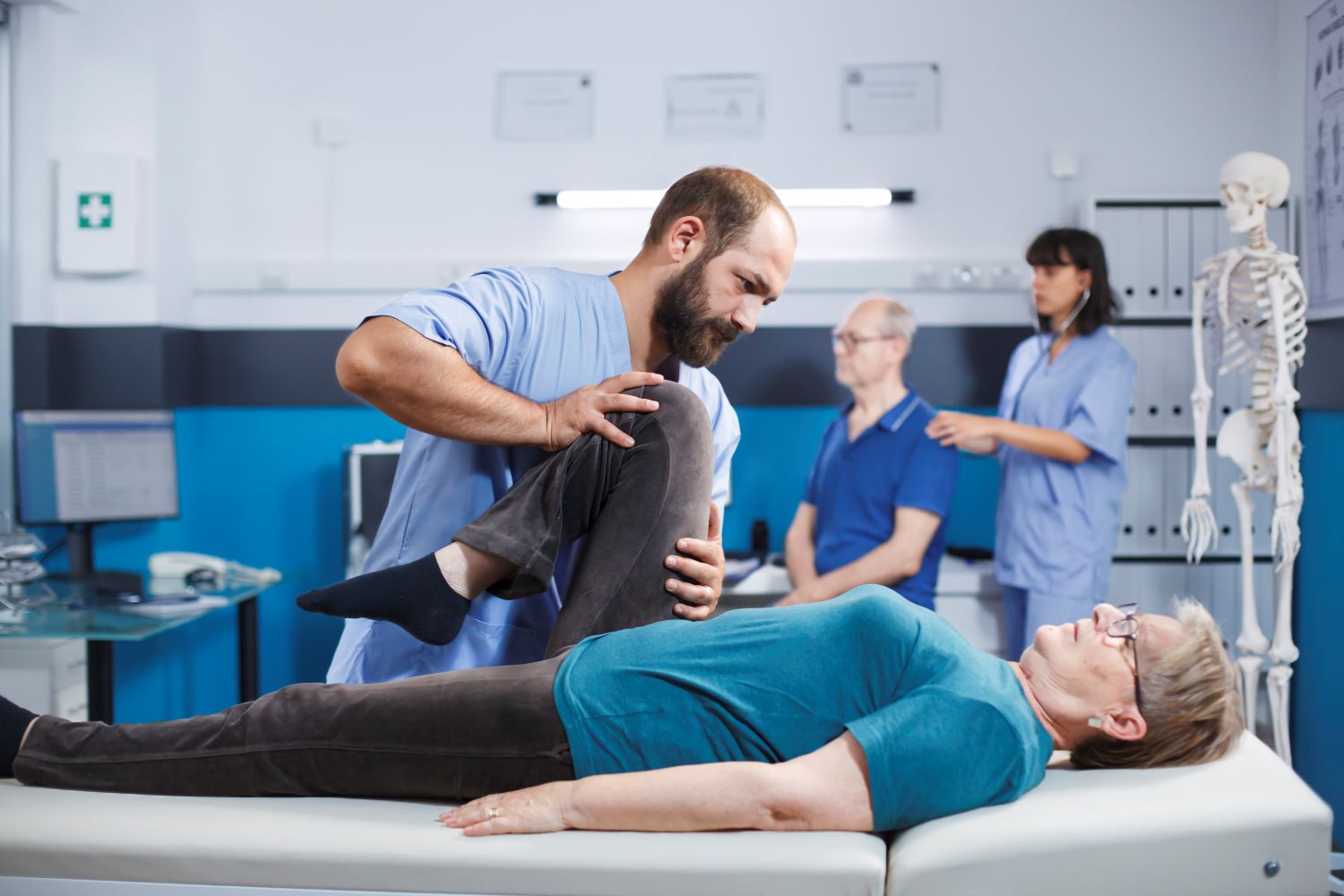Knee replacement surgery is a major decision for anyone suffering from chronic joint pain, stiffness, or reduced mobility. As medical advancements continue to evolve, patients today are no longer limited to a one-size-fits-all solution. Two primary options now exist: partial knee replacement and total knee replacement. Each procedure comes with its own benefits, risks, and ideal candidates.
Understanding the difference between these two surgeries is key to making an informed choice. Interestingly, similar considerations are also being applied in hip-related procedures, with more patients opting for hip replacement surgery in Thane and hip replacement surgery in Mumbai based on personalized care and specific joint conditions.
Understanding Knee Anatomy and the Need for Replacement
The knee is composed of three compartments:
- Medial (inside part of the knee)
- Lateral (outside part)
- Patellofemoral (front of the knee)
Damage to just one of these compartments may not require a full replacement, which is where partial knee replacement can be considered. On the other hand, extensive arthritis or degeneration across all three compartments typically necessitates a total knee replacement. Learn more about the types of knee replacement surgeries that suit different conditions.
What Is Partial Knee Replacement?
Partial knee replacement, also known as unicompartmental knee arthroplasty, involves replacing only the damaged compartment of the knee joint while preserving healthy bone, cartilage, and ligaments. It’s a minimally invasive knee replacement option for patients with localized osteoarthritis.
Benefits of Partial Knee Replacement:
- Smaller incisions and less trauma to surrounding tissues
- Shorter hospital stay
- Faster recovery time
- Better range of motion post-surgery
- More natural-feeling joint due to preserved structures
Limitations:
- Not suitable if arthritis is present in more than one compartment
- May require revision surgery if arthritis progresses in the untreated compartments
What Is Total Knee Replacement?
Total knee replacement (TKR) is the complete removal and replacement of all joint surfaces with prosthetic components. It is recommended for patients with advanced or widespread joint damage, affecting multiple compartments.
Benefits of Total Knee Replacement:
- Addresses all damaged areas of the joint
- Provides long-term pain relief
- High success rate and implant longevity
- Suitable for patients with severe deformities or advanced arthritis
Limitations:
- Longer hospital stay and recovery time
- Larger incision and more tissue disruption
- May feel less “natural” than a partial knee replacement due to artificial joint surfaces
Factors to Consider When Choosing Between Partial and Total Knee Replacement
- Extent of Joint Damage:
- If damage is limited to one compartment, partial replacement might suffice.
- If arthritis is widespread, total replacement is often necessary.
- Age and Activity Level:
- Younger, active patients may benefit more from partial replacement for better mobility.
- Older patients with reduced physical activity may be better candidates for TKR.
- Overall Health and Bone Structure:
- Strong, healthy bone is important for both procedures.
- Additional health issues might impact the surgical recommendation.
- Surgeon’s Assessment and Imaging:
- Detailed X-rays and MRI scans help determine the condition of your knee and the most appropriate treatment.
These decision-making criteria are similar to those seen in hip replacement surgery in Mumbai, where imaging, age, and lifestyle influence whether a total or partial replacement is recommended.
Recovery and Rehabilitation
Partial Knee Replacement:
- Patients often return home the same day or within 24 hours.
- Walking with assistance is encouraged within hours of surgery.
- Full recovery may take 3–6 weeks.
Total Knee Replacement:
- Hospital stay typically lasts 2–3 days. Read about the full knee replacement recovery timeline.
- Physical therapy is intensive and longer-lasting.
- Full recovery may take up to 12 weeks or more.
While both procedures involve structured rehabilitation, the recovery for partial replacement is often smoother and faster. However, TKR patients can expect long-lasting relief and better joint alignment, especially when done under the expertise of specialists familiar with joint mechanics—as often found in centers offering hip replacement surgery in Thane.
Risks and Complications
Common to Both Procedures:
- Blood clots
- Infection
- Implant loosening or failure
- Nerve or blood vessel damage
Specific to Partial Replacement:
- Risk of future arthritis in other compartments
- Possible need for total replacement later
Specific to Total Replacement:
- Longer recovery
- Higher risk of complications in patients with comorbidities
Technological Advances
Today’s orthopedic surgeries are increasingly guided by robotic-assisted knee replacement systems, offering better precision and alignment. Whether you’re undergoing a knee or hip replacement surgery in Mumbai, robotic-assisted procedures help improve outcomes and reduce complications.
Conclusion: Which One is Right for You?
There’s no one-size-fits-all answer when choosing between partial and total knee replacement. The decision should be made collaboratively between you and your orthopedic surgeon, based on:
- Severity and location of joint damage
- Age and activity level
- Overall health and goals for recovery
Both procedures offer excellent pain relief and mobility improvements. Patients looking into hip replacement surgery in Thane or hip replacement surgery in Mumbai often go through similar evaluations and benefits-based discussions with their doctors.
Ultimately, the right procedure is the one that best fits your specific needs. Understand more about is knee replacement right for me. With the guidance of an experienced surgical team and proper postoperative care, both partial and total knee replacements can help restore quality of life and joint function.










